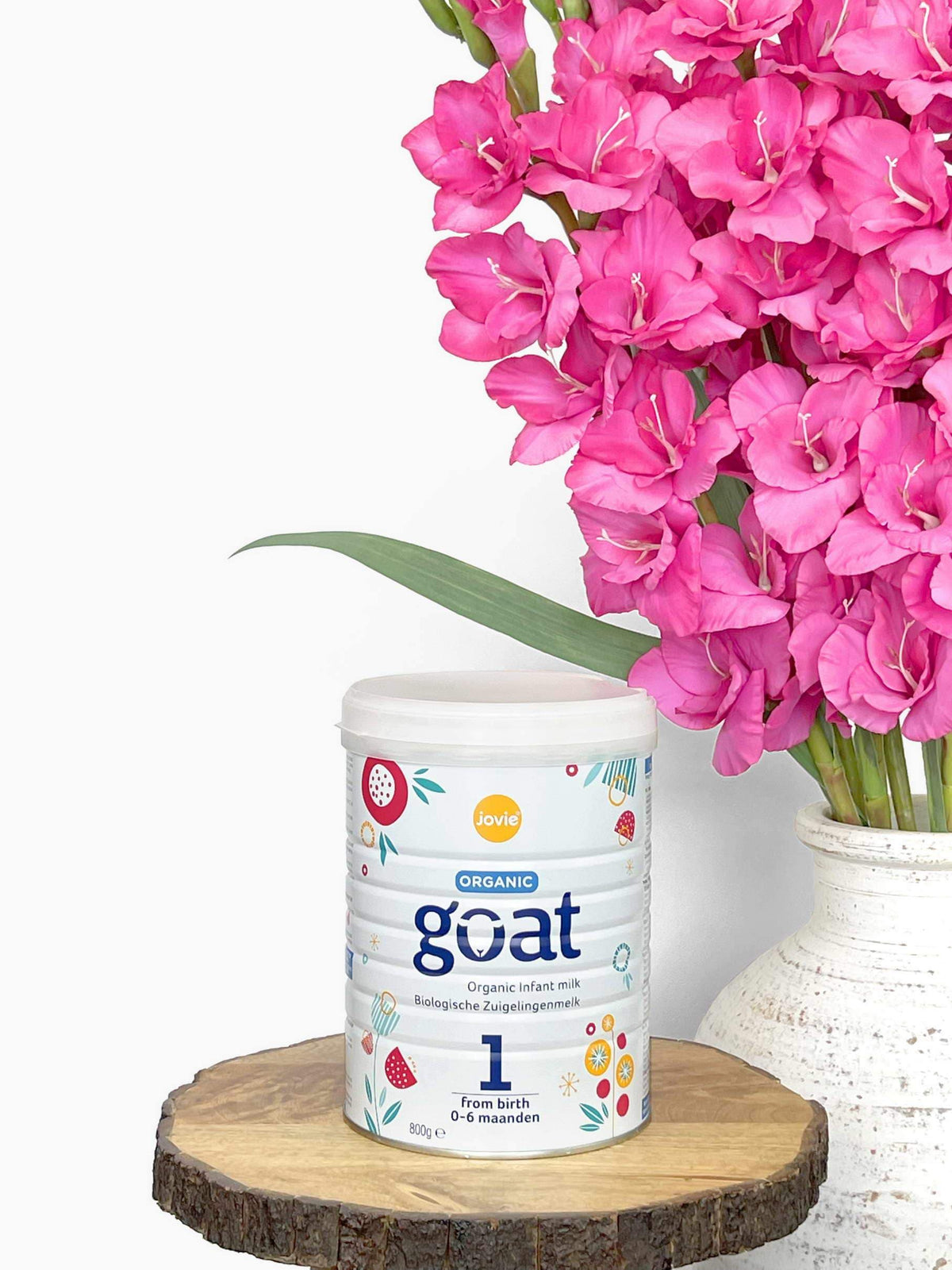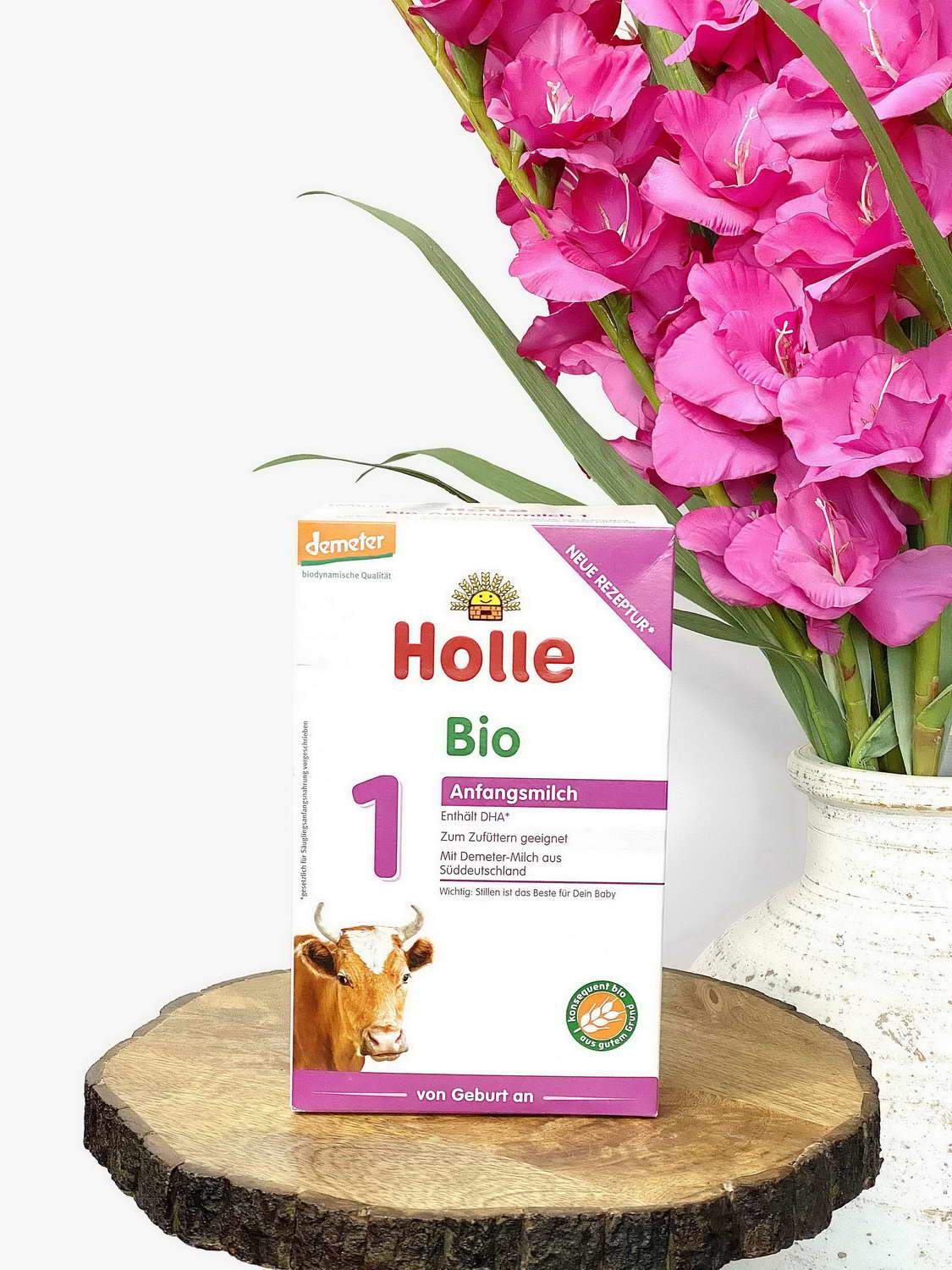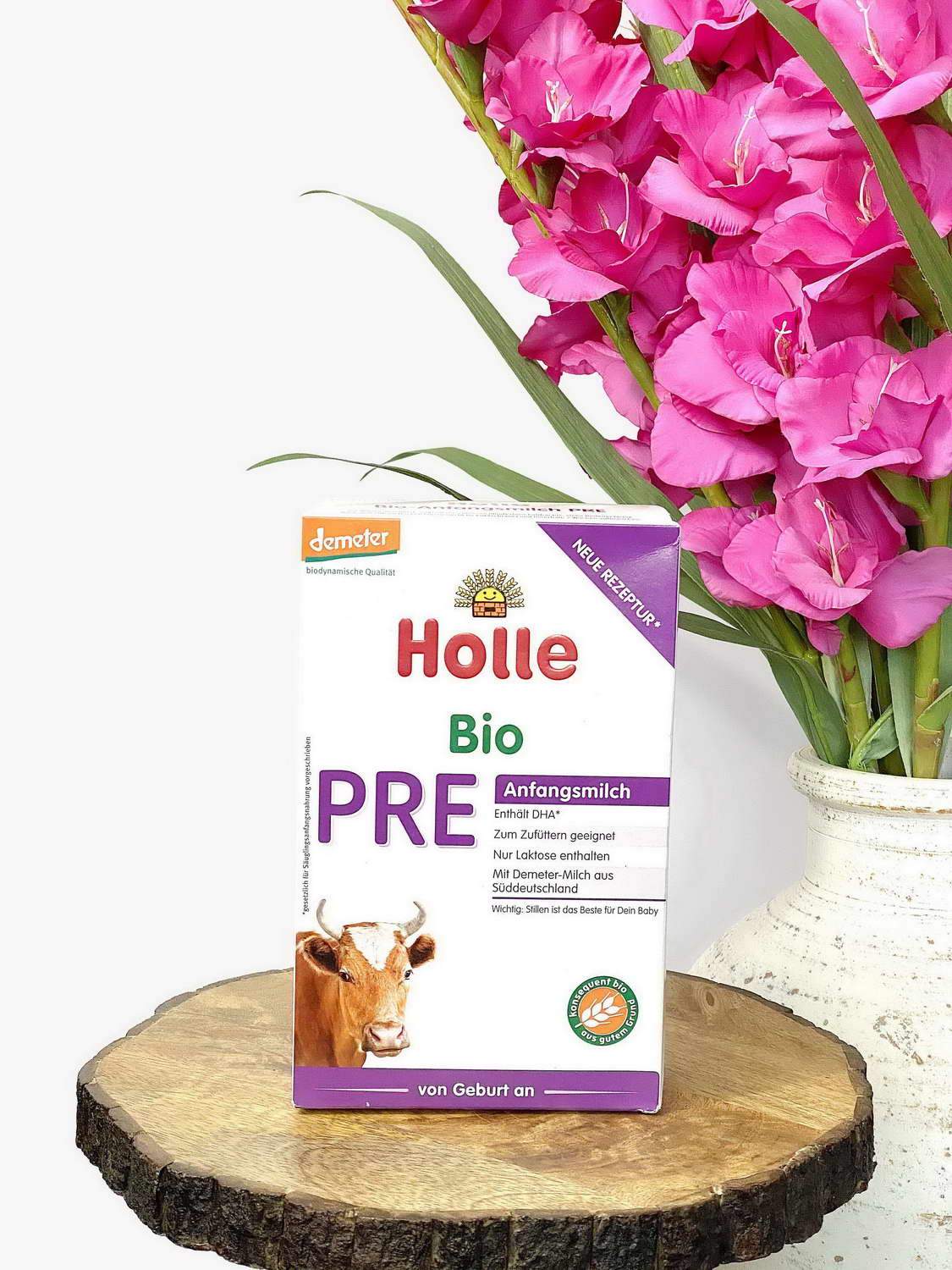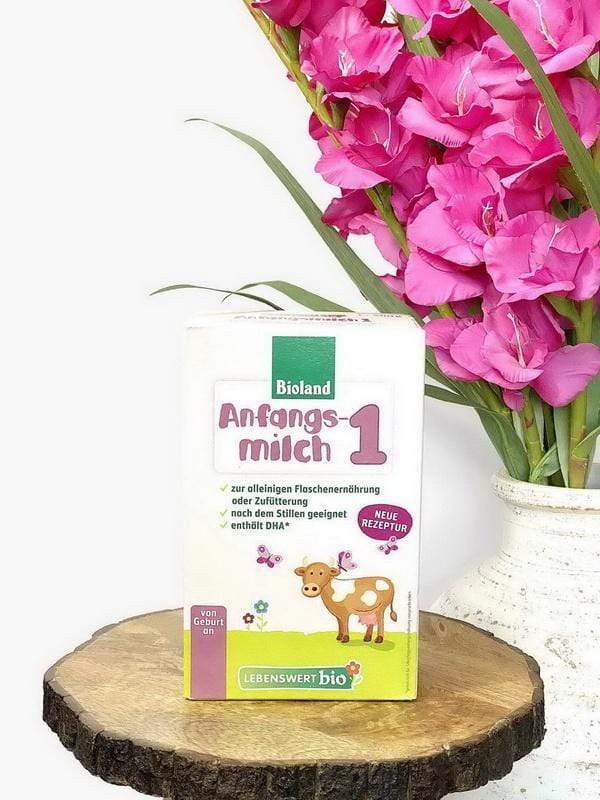Snack feeding, also known as grazing, refers to small, frequent feeds. Suppose your bottle-fed baby has developed an eating pattern where they want a few ounces of European baby formula every hour or two days and nights. In that case, it may be because they do not take enough baby formula to enable them to feel satisfied.
If your little one is snack feeding, it may be time to reevaluate bottle habits and make a change for the health and happiness of both you and your baby.
Table of Contents
- 1. Snack Feeding
- 2. Reasons for Snack Feeding
- 3. Baby Bottle Feeding
- 4. The Perfect Bottle of Baby Formula
- 5. The Best Bottle of Baby Formula
- 6. Frequently Asked Questions
Snack Feeding
It is important to note that the snack-feeding pattern of bottle feeding is not harmful to babies. Snack feeding differs from underfeeding in that the baby consumes enough formula over 24 hours to maintain healthy growth.
Even though baby bottle feeding is technically not a problem, parents often find it time-consuming, frustrating, and costly, as a lot of formula is wasted.
The good news is that bottle-feeding grazing can easily be changed with a little consistency and a few changes.
Reasons for Snack Feeding
Snack feeding in bottle-fed babies usually occurs because infant reflexes and behavioral cues are mistaken as signs of hunger.
When a baby is offered a bottle of formula every hour or two, they soon will become accustomed to taking only enough to last for an hour or two.
Common reasons for snack feeding are as unique as your baby.
Sleep Deprivation
A tired baby can become too weary to finish eating. If your baby goes to sleep during a meal, put the baby over your shoulder, rub their back, and stroke their head, legs, and tummy. A simple movement like this can help to wake your baby up and complete the feeding.
Feeding-Sleep Association
When a baby develops a feeding-sleep association, they learn to rely on feeding to fall asleep. They may want to eat not only when they are hungry but also when tired.
This means more feeding; the more often a baby feeds, the less your baby will need to take from each bottle.
Baby Bottle
If the baby bottle ring is screwed on too tightly or the baby bottle’s nipple size is incorrect, your baby will have to work too hard at feeding.
Built-up pressure within the bottle due to problems can make it increasingly complex for your baby to eat and can easily make your little one tired or frustrated, and they will give up before being full.
Over Stimulation
It is challenging to feed a hungry, overstimulated baby, because many times they are inconsolable and crying.
When you see that your baby is overwhelmed, take baby somewhere quiet and less bright, if possible, where they can calm down. Even a few seconds of quiet will make a difference.
Baby Bottle Feeding
As your baby grows, they can eat more at each feeding and may go for longer stretches between feedings. You'll also notice that your baby is starting to sleep longer at night.
When you are ready to move away from snack feeding, consider the following strategies:
Promote Healthy Sleep Habits
Enabling your baby to get the amount of sleep needed for proper growth and development will ensure a healthy appetite when the baby is awake.
Bottle Feeding Awake
Not allowing your baby to fall asleep during feeding and waking them up if necessary will prevent the need for the baby to be sucking on a baby bottle of formula to drop off to sleep. Instead, this promotes healthy eating habits and sets the foundation for later sleep schedules.
Perfect Baby Bottle
The perfect baby bottle feeding begins with ensuring the baby bottle of formula is prepared correctly, and all baby bottle pieces are in perfect working order. Only then can you feel confident to encourage your baby to take as much milk as possible within a 45-minute time frame.
Stop as soon as your baby is not interested in the bottle of baby formula. Do not make your infant take more than needed to fill their tummies. The aim is for better habits, not overeating.
Infant Environment
To extend the time between feeds, it is best to try to introduce as few other changes as possible and make any extensions gradually over several days. Try distractions that do not overstimulate but gently engage. Do not push your baby to the point where they become upset.
As your baby gets used to going a little longer between feeds, she will gradually take more baby formula, and you can continue to extend the time until achieving a three to four-hourly feeding pattern.
The Perfect Bottle of Baby Formula
A baby can develop an aversion to feeding when past feeding experiences have taught them that this time is unpleasant. A feeding aversion can pop up for many reasons, so finding a baby formula that is appetizing to your little one and is nutritionally and digestibly compatible, is a top priority.
Taste
Increasing the amount your baby eats at each setting is a little easier when offered the best-tasting baby formulas. It is impossible to know precisely what flavors your child can pick up on as the baby’s taste buds develop at different rates, but you can be sure of one thing. The closer to breast milk, the better chance you will find the taste your baby enjoys.
Most Like Breast Milk
Breast milk is much sweeter than cow’s milk-based baby formulas and is sweeter than most goat milk-based baby formulas. However, you must be careful about the amount and origin of the sugar in the baby formula you give your baby.
By choosing European baby formulas, the taste and ingredients will come as close as possible to the nutrition in mother’s milk, including the same carbohydrate called lactose, the sugar naturally found in breast milk. This natural sugar in baby formula is essential for the development of babies.
Baby Formula, Best for Digestion
Your infant’s diet is the key to good health throughout their life span. Unfortunately, many US companies skimp on proper nutrition, resulting in later complications in life.
European baby formulas such as HiPP German Stage 1 understand the importance of providing babies with safe, wholesome, and digestive-appropriate nutrition for all families. Prebiotics and probiotics lend support for your baby that is unmatched.
Sensitive Baby Formula
Families find that colic, gas, and allergies can find successful treatments without heavy metals or toxic ingredients. Easing symptoms and soothing digestive worries will help little ones feel better about eating and finishing their bottle of formula.
The Best Bottle of Baby Formula
My Organic Company only provides the very best in European baby formulas, made with organic ingredients that parents appreciate and babies love. With each bottle, you set a firm health and well-being foundation.
For more information on our quality ingredients and European baby formula standards, please contact any of our baby formula experts.
Frequently Asked Questions
What is snack feeding?
Snack feeding, also known as grazing, refers to small, frequent feeds by your baby.
Some babies develop a feeding pattern where they feel the urge to feed every hour or two during the day. This happens because they don't take enough milk to enable them to wait longer without feeding.
Is snack feeding normal for babies?
Snacking, although not harmful to your baby, can be time-consuming and frustrating, often resulting in frequent, unnecessary nighttime wake-ups.
Starting at the newborn stage, it is encouraged to feed your little one an average of every 3 hours, regardless of breastfeeding or formula feeding.
How to tell the difference between cluster feeding and snacking?
Instead of one meal every few hours, your baby snacks more often. Cluster feeding is more than just feeding a lot. A cluster-feeding baby will feed for short periods before unlatching, fussing, nursing more, maybe hiccuping or burping, and that pattern continues.














